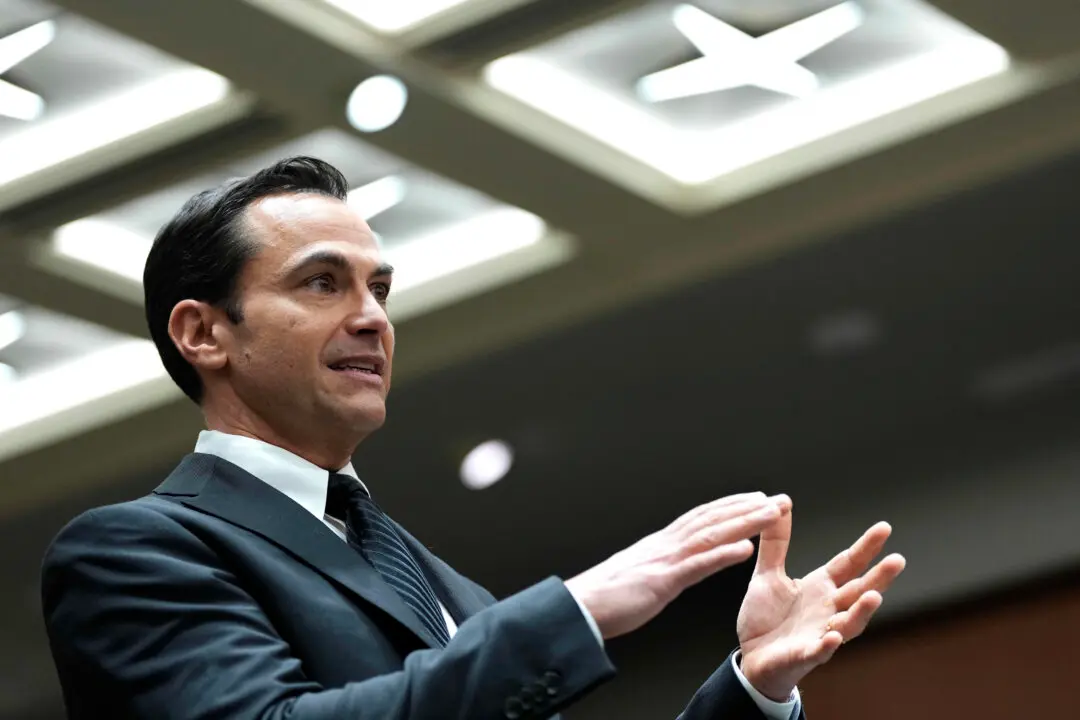Ottawa is moving forward with its plan for a Digital Services Tax (DST), a policy that the United States has repeatedly voiced its objections to.
“We’ve talked about how important it was to make sure that web giants and large multinationals who work on the internet—like Apple, Amazon, and others—pay their fair share of taxes for the work they do and the operations they have here in Canada,” Prime Minister Justin Trudeau told reporters on Nov. 29.





